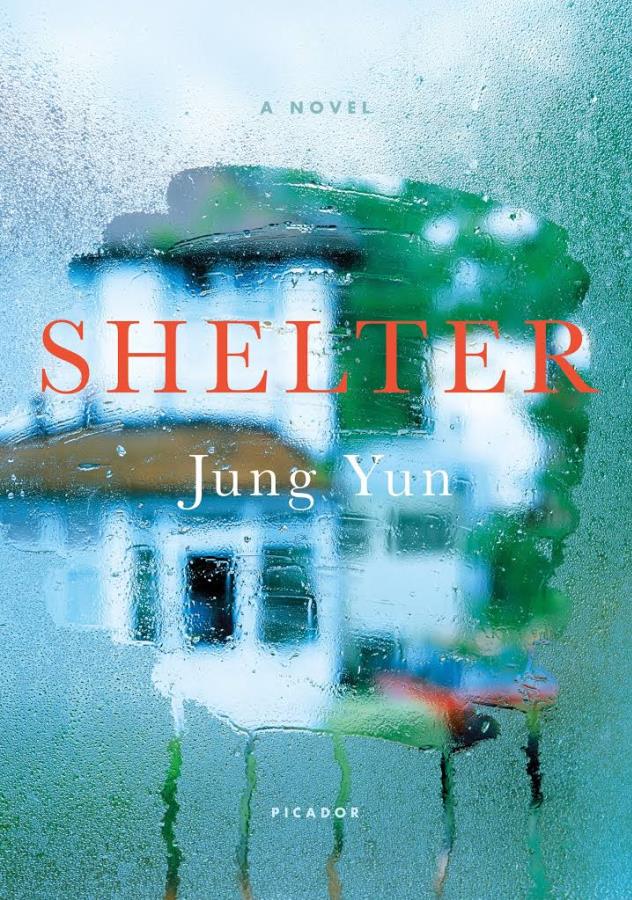Shelter by Jung Yun is included in the 100 best thrillers of all time by signature-reads.com. This debut by Yun is more of a family drama but with the tension of a thriller.
Kyung Cho is a 36-year-old biology professor living with his Irish wife Gillian and four-year-old son Ethan in a 3-bedroom house he can’t afford and his American dream is starting to unravel as he struggles to pay his bills with his credit cards maxed out. His parents Jin and Mae live in a lavish house in the wealthiest part of town not far from where he is staying. His father, Jin, is a successful engineering professor and immigrant from Korea who made his riches from the patents of his inventions.
In the opening chapter, Kyung and his wife are contemplating selling their house. A real estate agent has dropped by their house to assess the property. As the real estate agent looks out a window of the house, she sees an elderly woman running towards the house naked and battered. The naked woman turns out to be Kyung’s mother Mae. Jin and Mae as well as their part-time maid have been the victims of a prolonged, brutal attack in their house which is now badly wrecked and unfit for them to live in until all the wreckage is cleared. Kyung decides to let Jin, Mae and the maid move in to stay with him.
Kyung is living with deep scars of an unhappy childhood, having witnessed the frequent physical abuse of his mother by his father and having himself being abused by his mother. His mother’s abuse of him ended when Kyung was big enough to defend himself, and his father’s abuse of his mother ended when a teenage Kyung called their Presbyterian reverend to intervene.
As an adult, Kyung bears a deep resentful grudge against his parents. He clings steadfastly to his trauma as a way of absolving himself for all of his life’s failures: his violent rages, his unfulfilling career as an academic, his inappropriate drinking, his untenable finances, and above all, his inadequacy as a parent and spouse. Kyung refuses to forgive his parents or to cut them out of his life, the two healthy options suggested by his wife. He chooses, instead, to do what feels like the “absolute minimum he can get away with and still be considered a son.” Kyung actually hates both his parents. He hates his father for beating his mother, and he hates his mother for beating him and for not leaving Jin. His childhood was dominated by dread of the inevitable next violent episode. Kyung never felt any love from either of his parents as a boy.
With his parents staying in his house, Kyung tries harder to be a dutiful son but his childhood trauma continues to haunt him, causing him to bounce between resentment and guilt. His wife Gillian attempts to meet the needs of her distressed in-law. For the first time in years, they find themselves under the same roof where tensions quickly mount and old resentments rise to the surface.
The novel is powerful and tautly constructed. At times it becomes a bit unbearable as it pulls incessantly at your heartstrings with its sadness and gloom, culminating in a reckoning within the family.
 CY@CY Says Welcome to my dreamscape. Where a Lim is also a Ling.
CY@CY Says Welcome to my dreamscape. Where a Lim is also a Ling.
